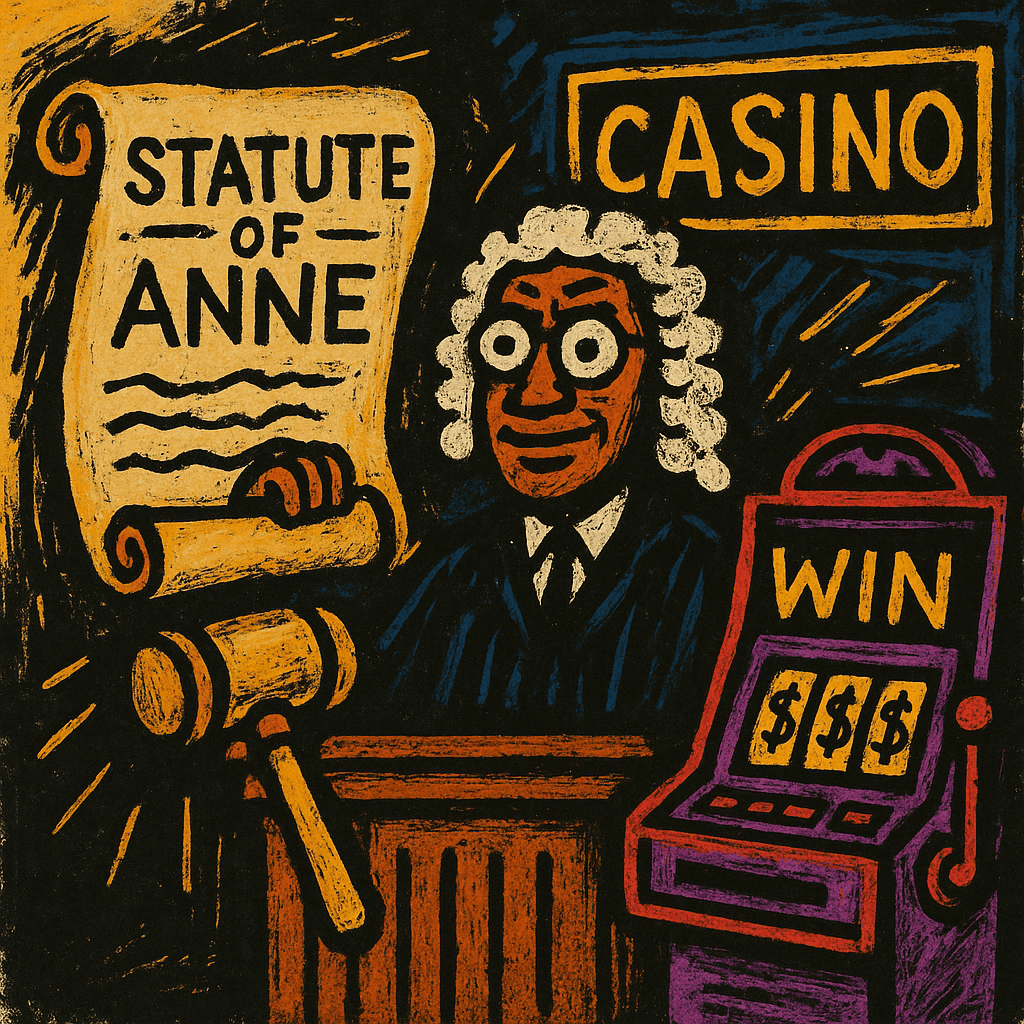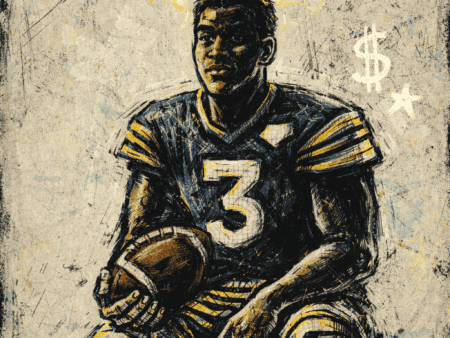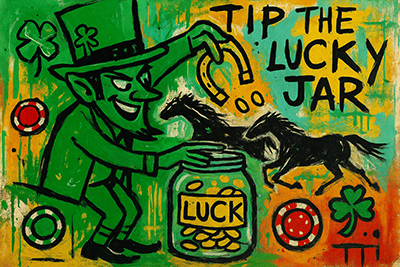A legal drama is unfolding in the heart of the nation’s capital — and it could have major implications for both sportsbooks and bettors across the country.
A little-known Delaware LLC is using a centuries-old statute to sue for the return of millions in sports betting losses. The twist? It’s invoking the “Statute of Anne” — a British law from 1710 — as the basis for its claim.
What’s the Lawsuit About?
The suit targets major sportsbook operators, including BetMGM, Caesars, and FanDuel, asserting that under the still-intact D.C. version of the Statute of Anne, gambling losses can be recovered by third parties acting on behalf of bettors.
The law was originally designed to curb excessive gambling in 18th-century England, allowing people who lost money to recover it — or, failing that, for a third party to sue for treble damages.
In this case, a Delaware LLC — acting as that third party — is attempting to reclaim roughly $11 million in alleged losses made by hundreds of bettors over the past three years.
Why It Matters
This is no ordinary lawsuit. If successful, it could:
- Set a precedent for mass refunds of gambling losses in D.C.
- Open the door for copycat cases in other jurisdictions
- Create legal risk for sportsbook operators and their licensing partners
While most states have repealed or replaced old anti-gambling statutes, D.C. never formally removed its version of the law making this legal maneuver technically possible.
How Lawmakers Are Reacting
D.C. councilmembers were quick to respond. A bill is already being drafted to repeal the local version of the Statute of Anne, with legislators calling the law “anachronistic” and incompatible with today’s regulated gaming environment.
They fear that if courts allow the suit to proceed, it could disrupt the legal market and undermine the legitimacy of regulated sportsbooks.
The Industry’s View
The American Gaming Association and multiple sportsbook operators have publicly dismissed the lawsuit as frivolous — but behind the scenes, there is concern.
This case could add to a growing list of regulatory and legal headaches for sportsbooks already managing:
- Betting integrity scandals in professional sports
- Increasing tax burdens (like Illinois’ new bet surcharge)
- Tightening advertising and promotional restrictions
What It Means for Bettors
So far, this lawsuit doesn’t entitle individuals to claim their own losses — but it does raise critical questions:
- How secure are your betting records?
- Could legal changes retroactively impact your wagering history?
- Will sportsbooks tighten compliance or payout rules in response?
For now, D.C. bettors should stay informed, as this legal battle could reshape how sportsbooks operate and how losses are legally classified.
Final Take
This isn’t just a strange legal footnote. It’s a test case that could redefine the boundaries of accountability in legal sports betting.
Whether you’re a casual bettor, an industry insider, or just watching the evolution of gaming law, the Statute of Anne case is worth tracking closely.
At LuckyBets.com, we’ll continue following this story as it develops. If the law changes — or the courts rule — you’ll hear it here first.

True fairness uplifts everyone — but when old laws are used to rewrite new rules, we must ask: is justice being served, or simply reshaped?
LuckyBets.com














